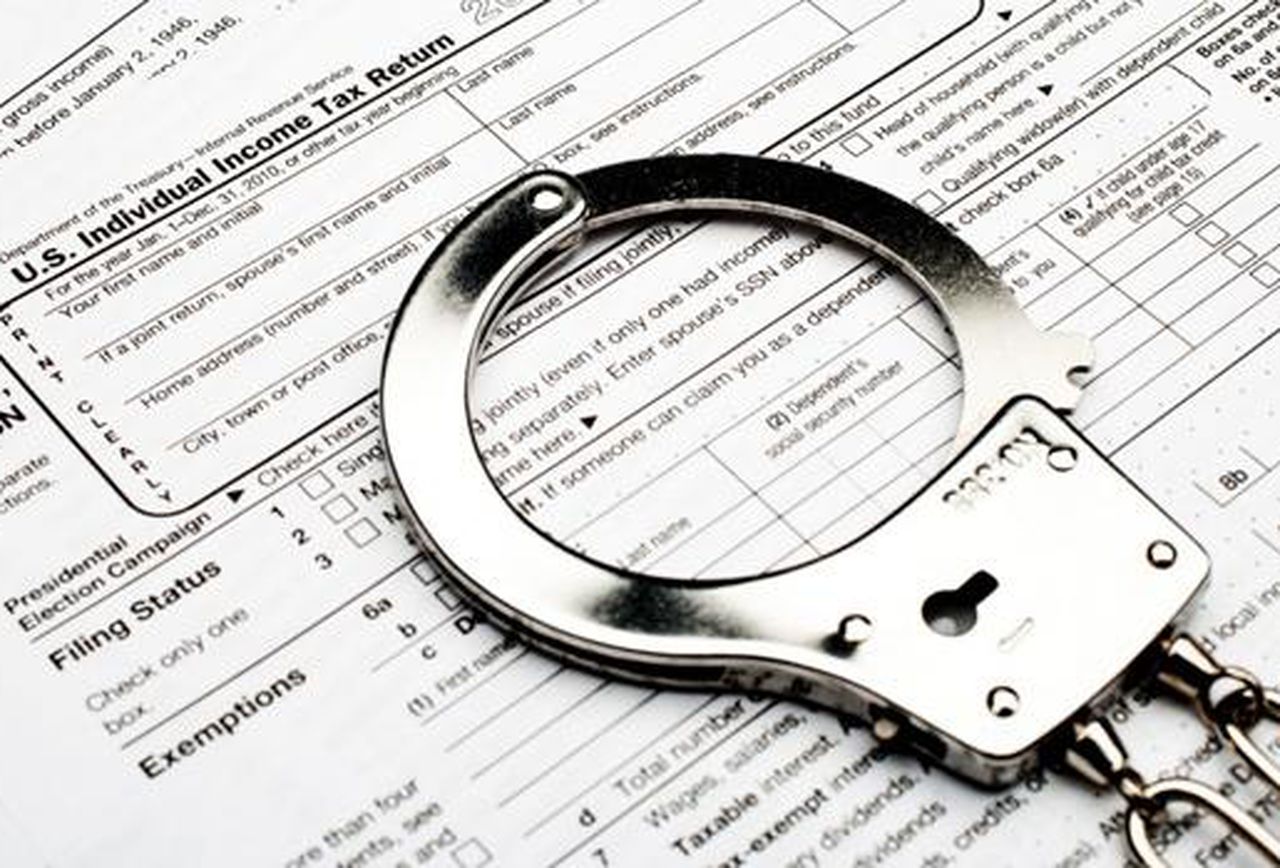Tax Evasion in India and Punishments and penalties related to it- Know More About it-

Are you the one who keeps on thinking about how to evade tax? If yes, then stop doing so. The government collects tax for the betterment of us only. The tax so levied is spent by the government to build the infrastructure such as bridges, dams, roads, highways, railways tracks and other public services like healthcare, banking, essential goods, and other social services. Let’s know more about the Tax Evasion in India and Punishments and penalties related to it.

Tax Evasion in India and Punishments and penalties- Tax Evasion a Fraud
A nation can prosper on the economic and social front if it has a sound tax system. But tax evasion or fraud by individuals or companies are very prominent in India. It’s a significant threat to the economic development of our country.
Tax evasion: Tax evasion occurs when someone intentionally indulges in any illegal activity to avoid payment of tax or to show the actual income. Despite being aware of the necessity of the tax, people indulge in tax fraud.
The Income tax act provides for adequate repercussions for the defaulters and fraudsters.
Tax Evasion Punishments/Penalties:
- The assessing officer can impose the penalty of Rs 5000 or more if the taxpayer fails to file the income tax return before the due date as required under sec 139(1) as per the Income Tax Act.
- Failure to pay wholly or partly—self-assessment tax or interest and fee or both, the taxpayer is declared as a defaulter (Section 140 A (1) of the Income Tax Act). The assessing officer can declare the taxpayer as a defaulter and impose a fine that does not exceed the tax in arrears (Section 221(1)).
- If the taxpayer fails to pay the requisite amount to the name and department as mentioned in the demand notice within 30 days from the date on which he receives the notice, he will be treated as a defaulter. There are further penal provisions for that.
- As per section 44AB, a taxpayer is required to get its accounts audited and furnish audit reports. If he fails to do so, a penalty may be levied under section 271B. The minimum penalty is 0.5% of the total sales, turnover or gross receipts. The maximum penalty is Rs 1,50,000. Such a penalty may not be levied if the taxpayer has a reasonable cause for such failure.
- If someone caught concealing tax, then under section 271(C) of Income Tax Act, there is a 100% to 300% penalty.
- If the taxpayer from the Income-tax department receives any notice, he has to comply with that. Failure to do so will enable the assessing officer to send a notice under Section 142(1) or 143(2) asking the taxpayer to file the return of income and or to furnish all the details of assets and liabilities.
Tax evasion is a threat to a nation’s prosperity and to curb these activities Income Tax Act exists. It ensures that tax defaulters and offenders are brought to light. Help in nation’s development. Do not join the list of defaulter and offenders.


 ITAT Amritsar: No Section 269SS Violation for One-Time Cash Payment Before Sub-Registrar
ITAT Amritsar: No Section 269SS Violation for One-Time Cash Payment Before Sub-Registrar  Tax Officials Unleash Digital Dragnet: How New Raid Powers Redefine Privacy, Property Rights in India and likely to Fuel Corruption
Tax Officials Unleash Digital Dragnet: How New Raid Powers Redefine Privacy, Property Rights in India and likely to Fuel Corruption  Income Tax Department Rewards for Reporting Tax Evasion: A Comprehensive Guide
Income Tax Department Rewards for Reporting Tax Evasion: A Comprehensive Guide  Forfeiture of Gratuity by Employer- What are the Remedies for an employee- Can employer be challenged?
Forfeiture of Gratuity by Employer- What are the Remedies for an employee- Can employer be challenged?  Employer can forfeit gratuity of an employee in case of moral turpitude
Employer can forfeit gratuity of an employee in case of moral turpitude  Diving Deeper: The Impact of the New Tax Bill on Dairy and Farming Income
Diving Deeper: The Impact of the New Tax Bill on Dairy and Farming Income